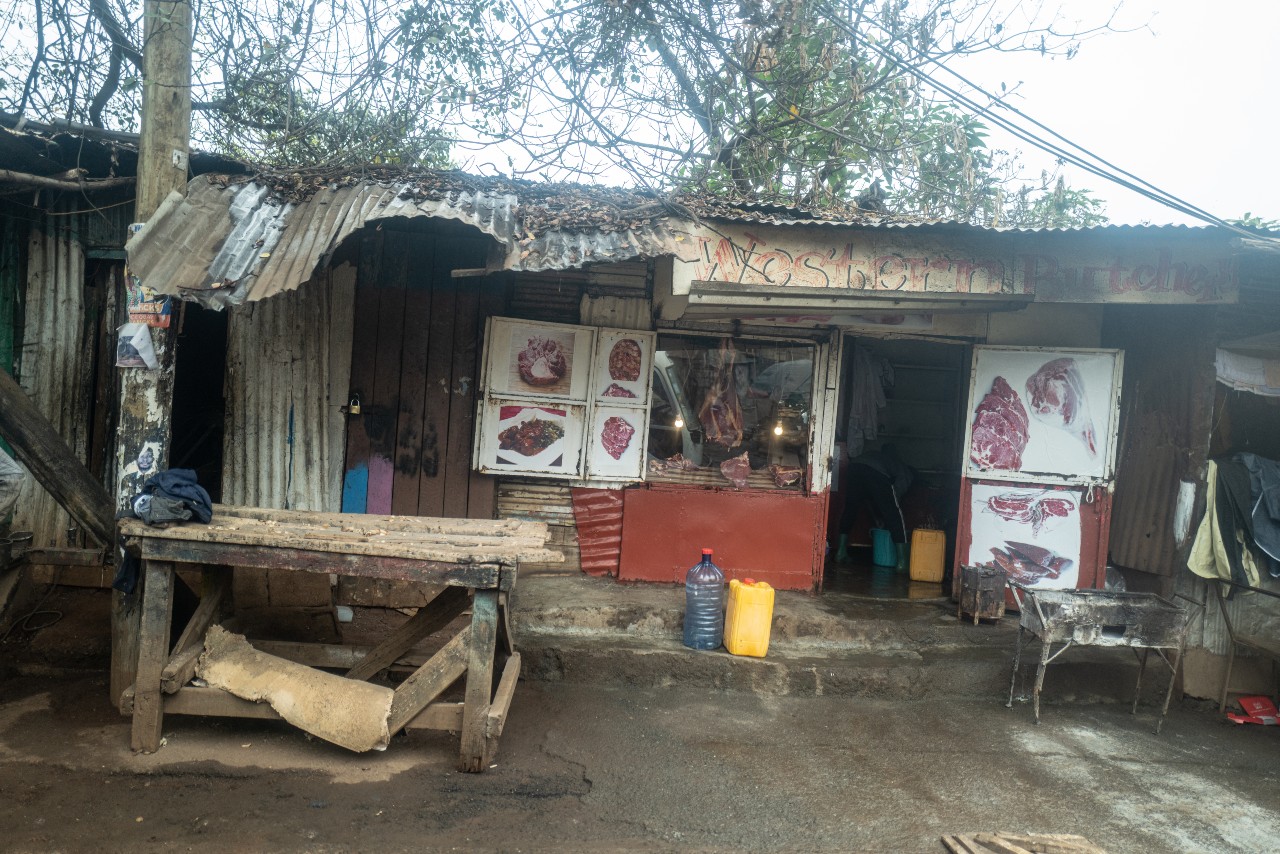Doing Theology From BelowSample


Plan A or Plan B (Part I)
Today and tomorrow we’ll consider the power of story. We’ll explore two very different ways of telling the Gospel story and their impact on how we become human.
Humans don’t just tell stories. We are stories. We become the stories we tell. Our souls have a narrative shape to them. We become human by way of story. For example, in the field of trauma, there is overwhelming evidence that those who suffer from PTSD are stuck in a story that keeps telling itself over and over. The point here is that doing theology from below is all about the stories we tell and breaking free from the theological trauma that many of us find ourselves stuck in. This is what Jesus comes to do – re-narrate our lives. He comes to tell the story that we can’t quite tell for ourselves.
Today, we’ll look at how we most often tell the story of why God became a human being, and its implications.
In the beginning, things were really good (Creation). Then we sinned and messed things up (the Fall). As a result, God shakes his head and says to himself, “Geez. Now that things are messed up, I need to create a Plan B to fix the problem (redemption).” In this scenario, the Incarnation is God’s Plan B to fix the perfect Plan A that we messed up.
Is there an assumption here that the Incarnation is an afterthought? In other words, did God have to invent a Plan B to fix the failed Plan A? If so, in order to get a running start on Plan B, God institutes blood sacrifice to appease his holy wrath. Then, millions upon millions of blood sacrifices keep God satisfied until he can finally send his Son as a once-and-for-all sacrifice and put an end to the whole bloody mess. In Christ, the slaughterhouse is finally closed.
It’s taken various forms, but this story calcified into the dominant one about 1,000 years ago, through a very famous book by St. Anselm called Why God Became a Man? In it, he develops the Plan B storyline through what is now known as substitutionary atonement. Most of mainstream Christianity has been living this story as though it were the only way to narrate the incarnation. But maybe it’s not big enough for the truth of who God is and who we are.
The problem is that when played out over time, the Plan B story can hardwire us for violence. It preserves a violent sacrificial theology that focuses on the satisfaction of God’s holy wrath, but this carries within it the seeds of our own violence. As history has made painfully clear, we become like the God we worship. When we worship a God in whom there is great violence, it creates in us the conditions we need to justify our own violence. We become violent in God’s name. Sadly, history is littered with examples of this and so are our own lives if we are honest.
The Plan B story reduces the mystery of Word made flesh to a transactional event designed primarily to deal with the problem of sin. In this sense, the Plan B story is a problem-centered story that unwittingly gives sin center stage, making it the main character of the story. Out of overwhelming gratitude and massive relief from the psychic terror of facing God’s holy wrath toward that sin, we bow down and worship God in eternal gratitude.
Can we see the fear and the potential for violence this story can create? If sin is not at the center of the story, what is?
About this Plan

Hello and Welcome to a series of reflections called “Doing Theology from below.” These reflections are designed for those who want to explore a way of reading Scripture that is liberating, especially in vulnerable urban communities. Doing Theology from Below is learning how to read the text not “to” not “for” but “with” those we are called to love and serve and to do so with Jesus as our rabbi.
More

